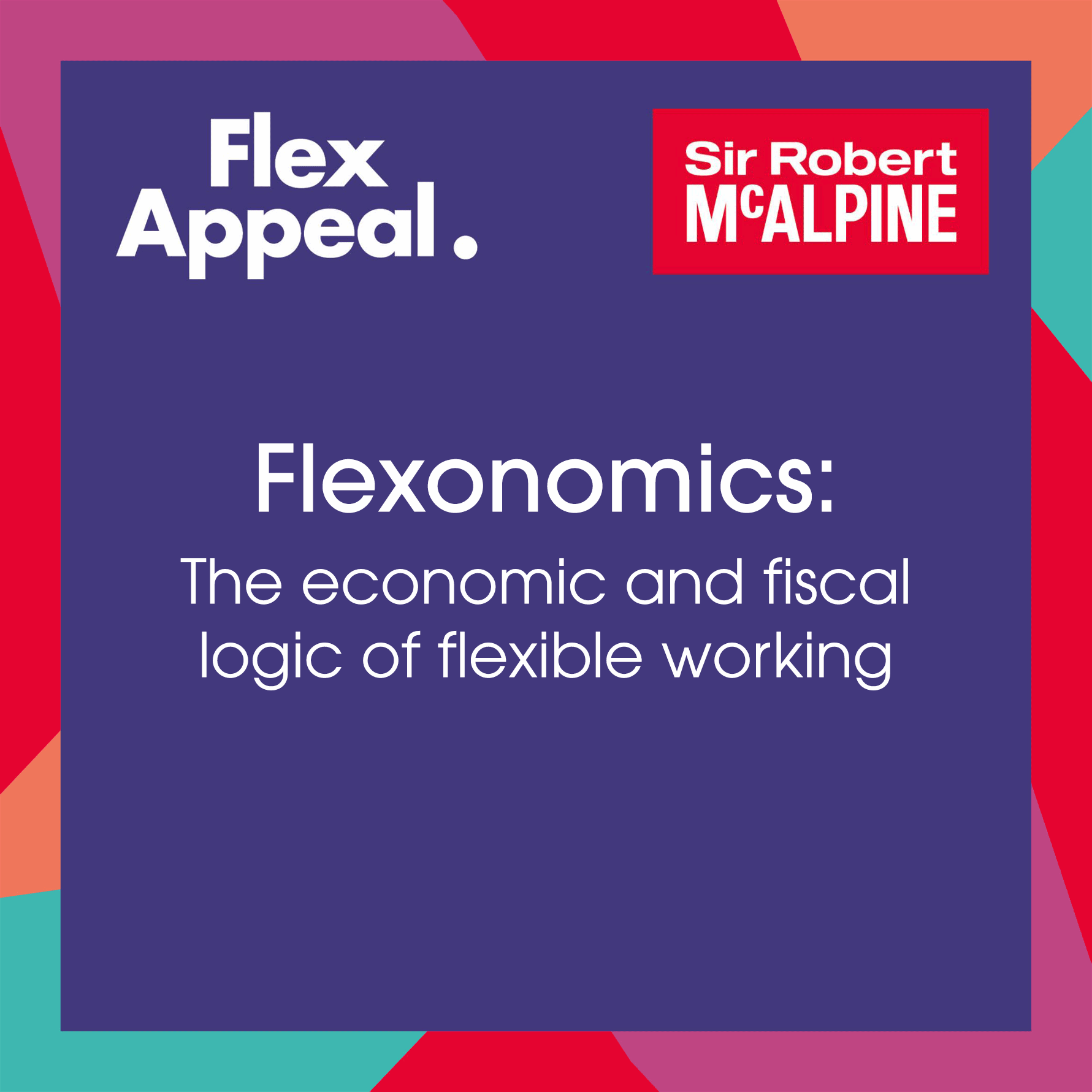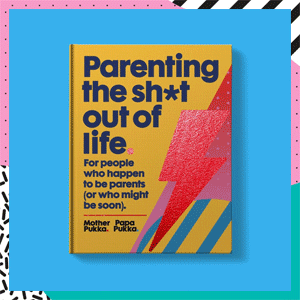Flexible working is not about parents, it’s about people. People with needs that don’t fit into a 9-5 construct. Here journalist Robyn Wilder speaks about the need for a little bit of flex for someone with ADHD.
When I decided to go freelance after my maternity leave ended in 2016, I said it was because the baby was still breastfeeding, the prospect of full-time childcare was prohibitively expensive, and I’d grown too used to wearing pyjamas.
But that wasn’t the whole truth. Really, I was afraid to return to office life.
Because I’d never really got on with it. I’ve worked in nine-to-five desk jobs almost all my adult life, and they’ve always followed the same depressing trajectory. I’ve impressed my bosses, been promoted for ‘being ideasy’ – then entirely failed to deliver. My admin has gone down the toilet. My productivity has gone out of the window. I’ve missed or fidgeted through meetings, had too many sick days, spent entire work days browsing the internet instead of completing project work, and made hideous detail mistakes, like adding too many zeroes to a budget spreadsheet.
Inevitably, my manager would start disciplinary proceedings, but by then I’d have resigned and begun the cycle with a new company. I’ve never lasted more than two years in any one role – instead I’ve just got used to the notion that, despite not wanting to be, I was somehow a Bad Employee.
However, once I started freelancing, my productivity shot up, and I began to wonder if something else were at play. Last year, I was diagnosed with attention deficit hyperactivity disorder (ADHD) – a lifelong development disorder of the brain that can cause hyperactivity, compulsive behaviour, and sometimes debilitating problems with organisation, focus, and memory.
Suddenly my work difficulties started to make sense. Meetings understimulated my fidgety brain. Being in an open office was as constantly distracting as trying to work under a strobe lamp, and my lack of executive function regularly firebombed my attempts at admin and project management. I could only really get ahead in a task if it completely absorbed my focus, and the constant overwhelm landed me in bed, sick, at least twice a month.
ADHD affects 5% of children in the UK, and around 2.5% of the adult population. However, adult figures may be underreported. In fact, a 2018 report from thinktank Demos suggests that undiagnosed ADHD in adults could be costing the UK billions of pounds a year [https://demos.co.uk/press-release/new-research-finds-undiagnosed-adult-adhd-could-cost-billions-every-year/]:
“Adults with ADHD are less likely to be in full-time, paid work than those without the condition, and that their on-the-job productivity may also be reduced. This has implications for individuals, employers and the state, as a result of reduced tax-take and increased expenditure on welfare benefits.”
I’d always assumed, not realising I had ADHD, that my “issues” weren’t compatible with the workplace. But perhaps that’s not true. The Demos report adds that “People with ADHD can be creative, energetic and dynamic.” And, without blowing my own horn, let’s not forget that it was my ideas – not the fact that my keys were in the fridge and I was probably wearing mismatched socks – that got me promoted in the first place.
So is there a way that people with ADHD can be accommodated in the, potentially, non-ADHD-friendly world of the nine-to-five? The ADHD Foundation believes so, and they’ve put together a guide for employers [https://www.adhdfoundation.org.uk/wp-content/uploads/2018/03/An-Employers-Guide-to-ADHD-in-the-Workplace.pdf] (link to PDF).
The first thing to remember is that, if your ADHD is severe enough to impact on your work and life, it may count as a protected disability under the Equality Act 2010 [https://www.acas.org.uk/index.aspx?articleid=6074]. Which means your employer is legally required to make reasonable adjustments to help you work effectively.
The ADHD Foundation suggests that employers include implementing a flexible working policy for affected employees, including:
– Agreeing a 15-minute window at the beginning and end of the day, as people with ADHD have issues with lateness.
– The option to delegate non-core aspects of the job (eg, admin).
– Weekly planning meetings to break projects down into clear, manageable steps
– A system of visual prompts, charts, clocks and alarms to improve focus
- The option to work alone in their own space, or from home, to increase focus, and/or the use of headphones or white noise to reduce distraction.
To be quite honest, if I’d been diagnosed while I was still in full-time employment, I’m not sure I’d even be sitting here in my pyjamas writing this to you. Because while this style of work gets the most out of me in terms of productivity, I am self employed, which means my boss has ADHD.
These days I’m medicated and undergoing treatment, so I am much improved. But there’s nothing like filing your tax return one minute before the deadline, or realising you haven’t invoiced someone for work you did a year ago, and you don’t have enough money for next week’s grocery shop to make you nostalgic for a corporate payroll department. Right now I would give my right arm for someone else to be in charge of all the important work admin, and I’m realising – as the boss – that this is probably something I’ll have to outsource.
My point is that the traditional workplace isn’t necessarily a toxic workplace for people with ADHD. With the right support, and a healthy dose of flexible working practices, employees can be happy, and employers can benefit from the exuberance and creativity that people with ADHD tend to bring to their jobs.
Although, if all else fails, a nice pair of pyjamas is always a decent fallback position.
QUICK BIO
Robyn Wilder is an award-nominated journalist. She has been The Pool’s parenting columnist since 2016, and writes about being mixed-race, motherhood, and mental health (only with jokes) for publications including Stylist, The Sunday Times Style Magazine, GQ, Grazia, ELLE, and Tatler.
robynofwilder.com













